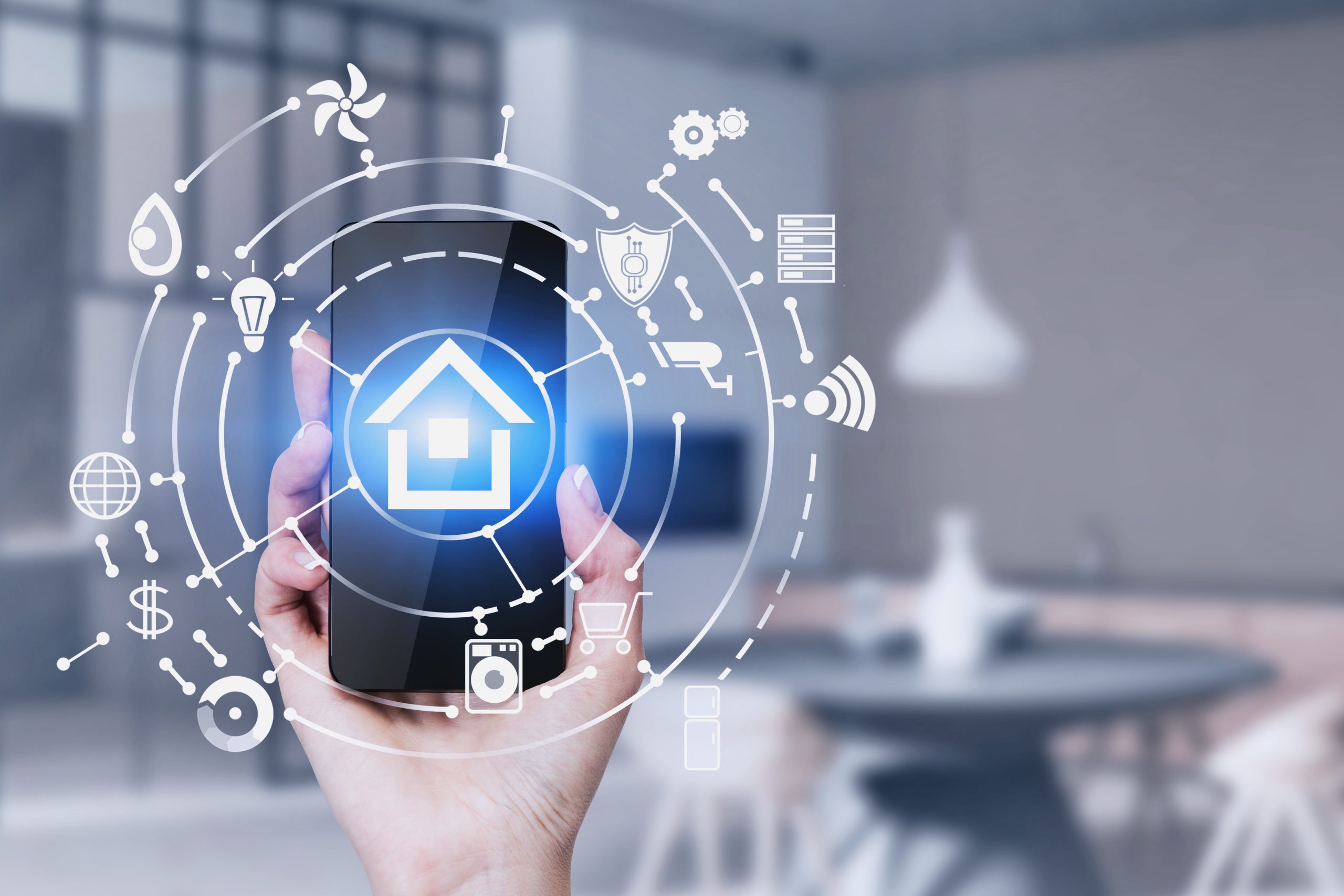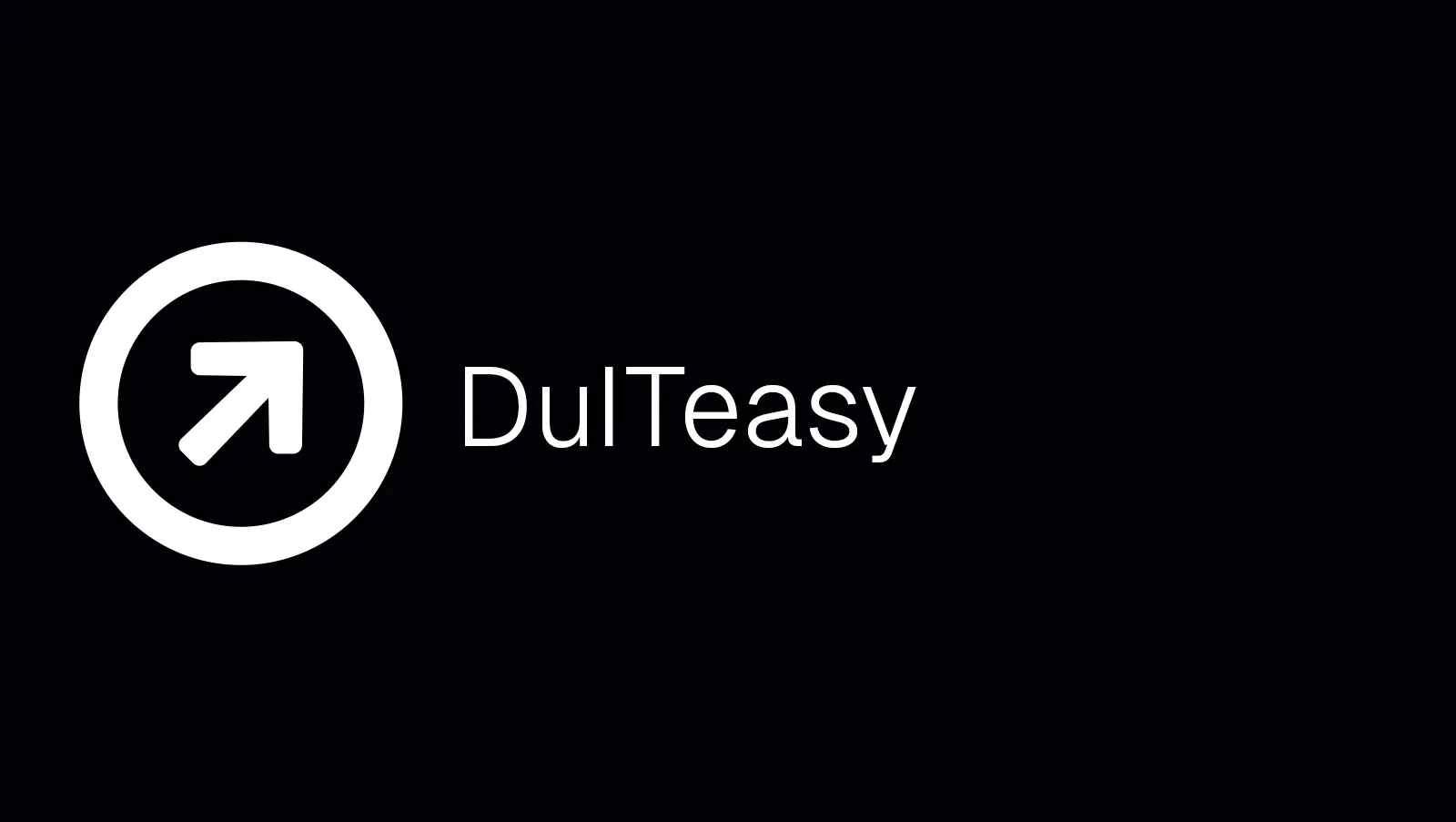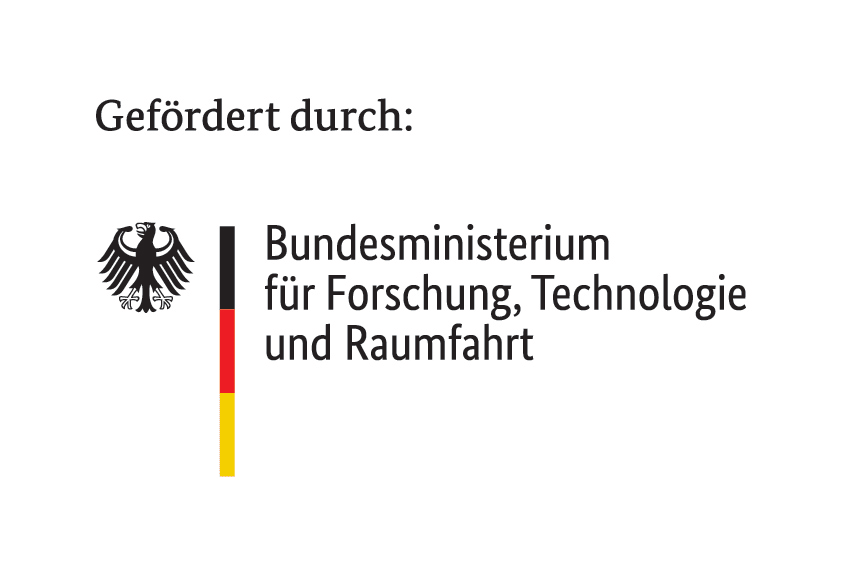DuITeasy – Lifelong assistance platform based on an open federated data and services ecosystem and smart metering systems
DuITeasy at a glance
The DuITeasy project solves the problem of fragmentation and incompatibility of digital applications offered for living and home environments. By creating an open, interoperable ecosystem based on the SmartLivingNEXT reference architecture for lifelong assistance services, DuITeasy enables the seamless integration of different data sources and services while maintaining a high level of data protection. This is being implemented using two fields of application and several use cases as examples and tested in the “DudoPark” innovation park and at GIU – Gesellschaft für Innovation und Unternehmensförderung mbH in Saarbrücken.
Specialist contacts
Florian Böhle, easierLife GmbH
Do you have questions about the DuITeasy project? Contact the SmartLivingNEXT project office.
Challenge and innovation
With increasing age, the likelihood of health restrictions and therefore the need for support in the living environment increases. There are already many digital systems and digital service offerings on the market that increase safety in homes, assist with everyday tasks and enhance individual comfort. Data is generated in many places, but is rarely used for intelligent, cross-organizational and individualized services. However, standardized data and easy-to-use access to data are a prerequisite for enabling such intelligent services in the first place, for example to enable greater energy efficiency, sustainability, security, self-determination and health prevention in the environment of homes, buildings, neighbourhoods and innovation parks.
A large number of digital services for living and residential environments already exist today. However, they are not interlinked, but form self-contained digital services that cannot be seamlessly combined with others. The aim of the “DuITeasy” satellite project is to create an open, interoperable ecosystem for innovative, intelligent and adaptive lifelong assistance services. This includes the development of an Assistance Dataspace (ADS), which enables the combination of different data sources from the living environment and the development of services in the field of everyday assistance.
The project integrates networked sensors, devices, ordering systems, delivery services and smart home data to create a consistent and customizable range of interlinked services. DuITeasy uses the SmartLivingNEXT reference architecture. The ADS is connected to the SmartLivingNEXT data room via Gaia-X principles. This meets high IT security and data protection requirements.
The project also implements assistance services ranging from activity recognition to complex, AI-supported emergency recognition and home emergency call functionalities. For the development and operation of individual services, two existing systems are connected to the ADS and further developed (the DuDo system and the DuDo app for everyday assistance and the easierLife system for activity and emergency recognition). Various AI methods are used to implement the services. The federated ecosystem architecture creates a modular and adaptable range of services, providing a blueprint for other data spaces, e.g. for buildings or neighborhoods.
Application and benefits
The function of the ecosystem is tested using two fields of application as examples.
The everyday assistance application area comprises the following use cases:
- Heat protection: The heat load is measured and forecast. If necessary, advance warnings and/or possible countermeasures are issued.
- Smart heating: The installation of heat meters and smart thermostats enables efficient heating control. This includes adaptive heating control and the demand-controlled switching off of heating systems based on learned warm-up and cool-down phases. This not only contributes to energy savings, but also to comfort for residents.
- AR technologies are used to visualize (live) energy and consumption data, virtual neighborhood inspections and other factors.
- Smart booking: The intelligent meeting room booking with smart access (and subsequent revocation) enables, for example, automatic heating and timely cooling (see Smart Heating) as well as smart activation for drinks and food deliveries.
- Parking space management: Development of solutions to optimize parking space management in urban areas. Sensors can be used to provide real-time information on parking space availability and other services for users.
The activity and emergency detection application area comprises the following use cases:
- Lifelong assistance: The focus is on the lifelong (growing) home and a combination of electricity and consumption data as well as sensor technology. A multi-stage detection cascade is implemented that covers various degrees of assistance. This ranges from emergency detection using data analysis to the combination with classic home emergency call systems and additional sensor technology.
- Early detection of resident problems: The solution also detects changes in everyday behavior at an early stage in order to identify potential problems or risks. This enables proactive support and the provision of additional assistance services.
Advantages of DuITeasy
| Without DuITeasy | With DuITeasy |
| Many digital products and assistance services already exist in living environments. However, they often cannot be combined with each other. | With DuITeasy, an assistance dataspace is being created as part of the SmartLivingNEXT ecosystem, in which a wide variety of sensor, service and system worlds are being brought together for the first time. This will significantly improve development and operation or enable new interoperable services, e.g. in the areas of emergency and everyday assistance through the combination of smart home and smart metering systems. |
| Digital services in the home and living areas are often operated in separate system worlds. | DuITeasy combines everyday assistance services with emergency systems. This is implemented on the basis of the Gaia-X principles. This enables a high degree of individualization while maintaining the highest data protection requirements. |
| The large number of assistance systems available leads to users, especially older people, being overwhelmed. | By combining and making several modular services usable within a basic system, the perceived excessive demands are reduced, barriers to acceptance are removed and an ecosystem of lifelong assistance services is created. |
| Society is getting older and older. Everyday support and lifelong assistance services are not sufficiently geared towards the increasing needs and possibilities of those affected. | DuITeasy is developing a solution in which lifelong assistance services can be provided in the living environment at an early stage and can be expanded in a modular fashion to meet the needs of not only the ageing generation but also the younger generation. |
The DuITeasy consortium partners
easierLife GmbH (consortium leader), GIU Gesellschaft für Innovationsforschung und Unternehmensentwicklung mbH, German Research Center for Artificial Intelligence (DFKI), FhISST – Fraunhofer Institute for Software and Systems Engineering, SWSB – Stadtwerke Saarbrücken.


